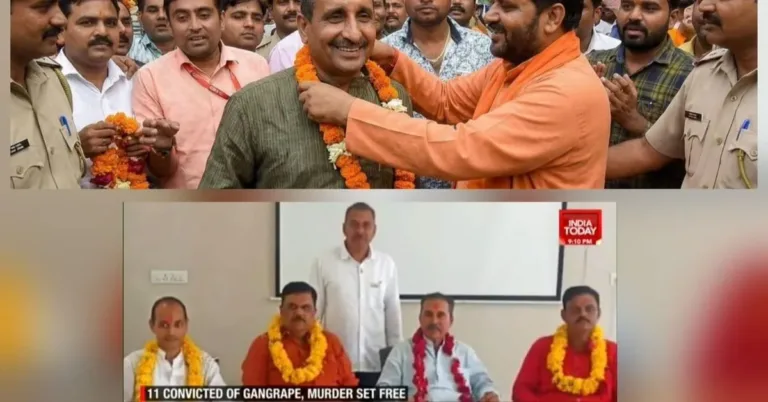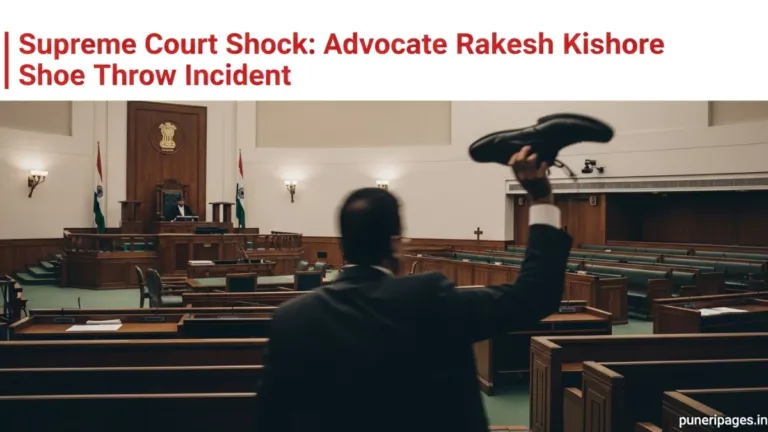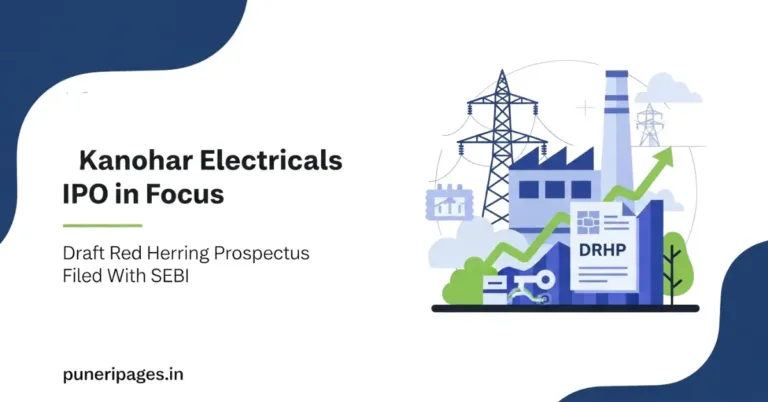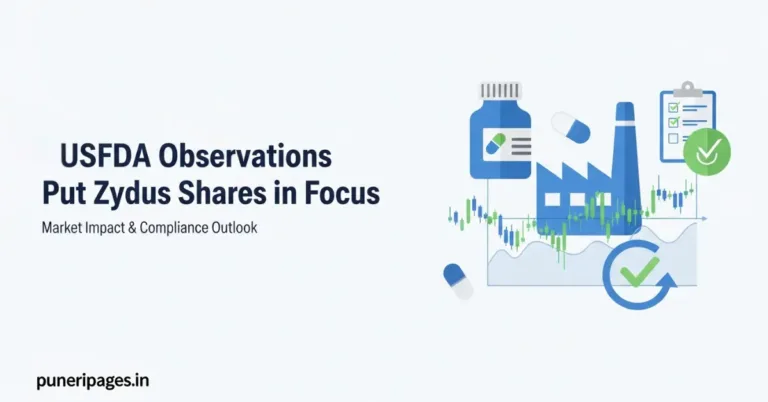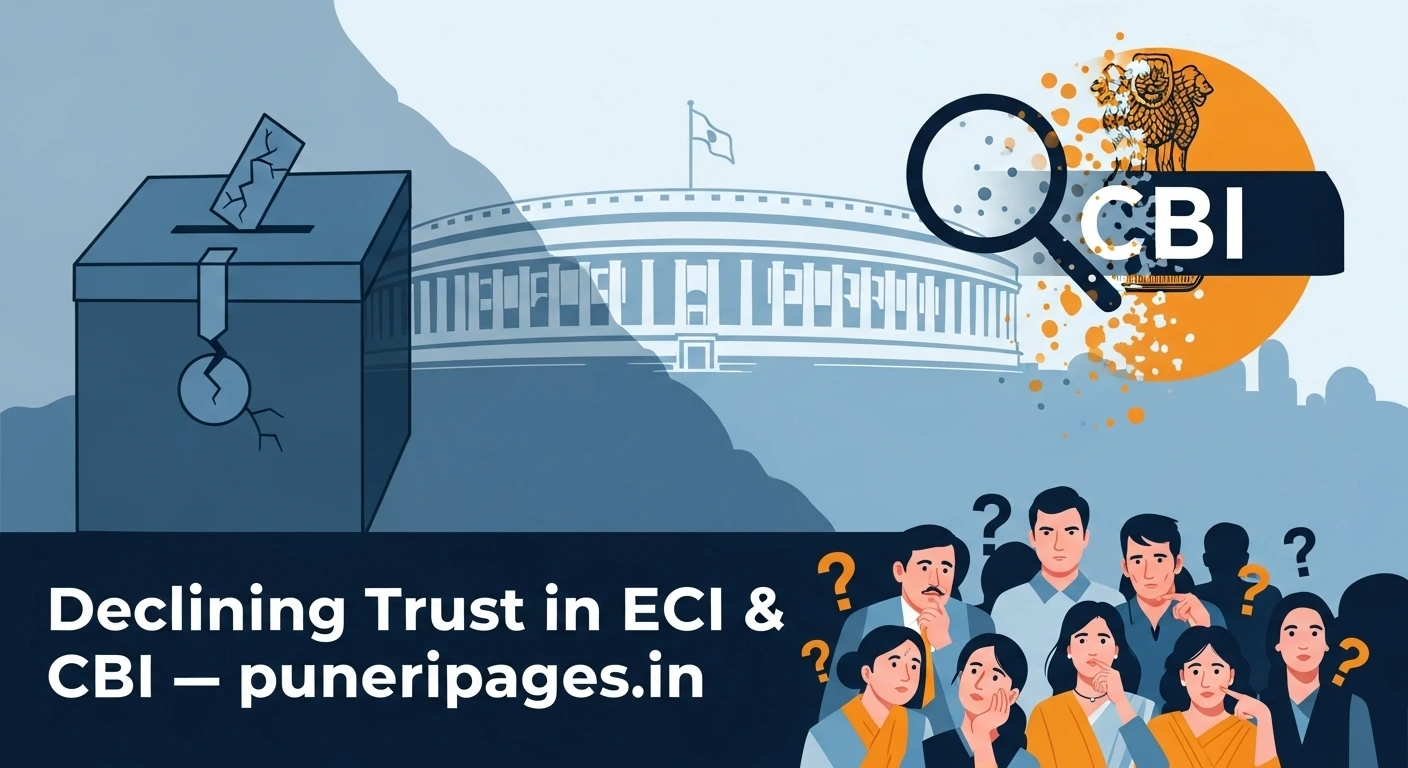
Declining trust in India’s key institutions like the Election Commission and CBI raises concerns about democracy – puneripages.in"
By Prashant for PuneriPages.in
In every democracy, there are certain institutions that people rely on —almost blindly. In India, two of those pillars have always been the Election Commission of India (ECI) and the Central Bureau of Investigation (CBI). The ECI is supposed to be the guardian of free and fair elections, while the CBI is expected to act as an independent watchdog against corruption and crime.
But if you’ve been following the news or even just talking to people around you, you’ll notice one thing—that trust isn’t what it used to be. Many now believe these institutions are no longer as independent as they once were, and that’s a big problem for a country that prides itself on democracy.
Table of Contents
Political Interference in ECI and CBI
Let’s be honest: appointments are where the doubts really begin.
For the ECI, the new law passed in 2023 raised plenty of eyebrows. Earlier, the Chief Justice of India was part of the selection panel, which at least gave some balance. But now, with the executive holding more power in choosing commissioners, critics fear that neutrality could take a backseat.
The CBI’s story isn’t too different. Yes, the Director is chosen by a high-powered committee that includes the Prime Minister, Leader of Opposition, and Chief Justice. Sounds balanced on paper. But when you see sudden transfers, tenure extensions, and frequent clashes between top officers, it’s hard not to wonder: who’s really in control?
Selective Action: The “Washing Machine” Effect
This is probably the biggest complaint people have.
The CBI, and its cousin the ED, often seem to chase opposition leaders with unmatched enthusiasm. But the moment some of those same leaders switch sides and join the ruling party, investigations seem to… slow down, or vanish altogether. This has given rise to what many call the “washing machine” effect—dirty laundry goes in, and comes out sparkling white after a political switch.
The ECI has also faced similar criticism. Opposition parties often complain that when ruling party leaders break the Model Code of Conduct, action is delayed or diluted. On the other hand, opposition leaders seem to face faster, stricter penalties. Even if that’s not always the case, the perception of bias is enough to damage credibility.
Transparency Issues in Indian Institutions
Another reason people feel disconnected is the lack of openness.
The ECI’s decisions—like why elections are scheduled a certain way, or how voter list discrepancies are handled—rarely come with clear explanations. That leaves space for doubt.
The CBI is the same. Of course, investigations need some secrecy, but when politically sensitive cases suddenly go quiet, the silence speaks louder than words.
The Weight of History
This credibility crisis isn’t brand new either. Back in 2013, the Supreme Court called the CBI a “caged parrot” that only spoke in its master’s voice. That label has stuck like glue. Add to it high-profile controversies—whether it was the Jain hawala case in the 90s or the infamous turf war between CBI officers just a few years ago—and public trust has only eroded further.
The ECI too has had its share of questions, especially when election announcements or campaign monitoring looked, at least to some, inconsistent.
Why This Matters
At the end of the day, this isn’t just about two institutions. If people stop trusting the Election Commission, then every election result becomes suspect. And if people doubt the CBI, then the very idea of justice and equality before law starts to crumble. That’s how democracies weaken—not overnight, but slowly, when trust fades away.
The Other Side of the Argument
Of course, officials from both institutions (and the government) reject these accusations. They argue that enforcement can’t be “selective” if corruption itself is more widespread in certain political circles. They also point out that the ECI continues to pull off massive elections—millions of voters, thousands of booths—like clockwork. And the CBI has solved countless complex cases that had nothing to do with politics.
So yes, the institutions aren’t without their achievements.
Final Thoughts
For me, the real issue isn’t just whether the ECI or CBI are impartial. It’s whether they are seen as impartial. Because in democracy, perception matters almost as much as reality.
Rebuilding trust will take more than just good intentions. It needs transparency in decisions, reforms in appointments, and above all, a reminder to those in power that these institutions don’t serve governments—they serve the people.
And until that balance is restored, the question will keep echoing: Who guards the guardians of Indian democracy?
